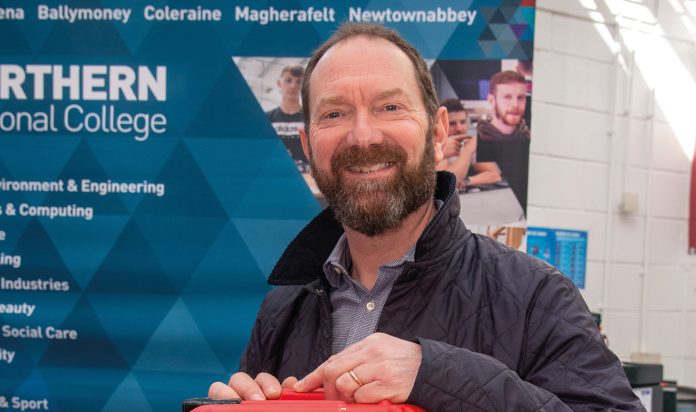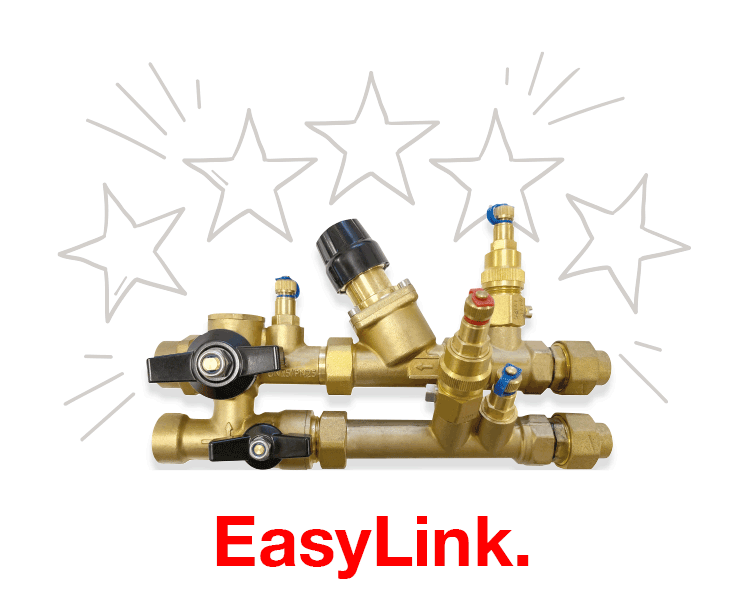A Bill aimed at reducing the duty charged on renewable liquid heating fuel has won the support of two Northern Ireland MPs.
DUP’s Jim Shannon and Sammy Wilson have both confirmed their support for the Bill, which was tabled in Westminster by George Eustice, MP for Camborne and Redruth in England. If successful, the Conservative MP’s Bill would pave the way for hydrotreated vegetable oil (HVO) to be adopted as a heating source across Northern Ireland’s 500,000 liquid-fuelled homes.
This method of heating homes across Northern Ireland is supported by OFTEC, the trade association for liquid fuel appliance manufacturers and installers.
Mr Shannon put his name to the Bill and said he was actively supporting it while Mr Wilson said the points raised by Mr Eustice in the debate deserve support.
During the debate, Mr Eustice said: “The Government have long recognised the value of renewable fuels in the transport sector. We have the renewable transport fuel obligation (RTFO), which requires fuel manufacturers and importers to purchase a proportion of fuel from renewable sources.
“The Bill would extend the RTFO mechanism to cover the use of renewable fuels in domestic heating and remove the current duties from these renewable fuels, which are entirely counterproductive.
“The intended impact of my Bill is to reduce the cost of HVO so that it can achieve parity with kerosene. If we get parity of cost with kerosene—the cost of conversion is modest—we will see a very rapid adoption of HVO.”
Later this year, The Department for Economy will carry out a consultation on decarbonising the heating sector before presenting a plan on how they propose to action this. The plan will outline how Northern Ireland will achieve an overall 56% reduction in energy-related emissions by 2030.
Both the Republic of Ireland and England have favoured a ‘heat pump first’ approach to decarbonising the sector. However, OFTEC strongly believes that a one-size-fits-all approach to decarbonising the housing sector in Northern Ireland must be avoided.
OFTEC Ireland Manager, David Blevings said, “We believe the key to decarbonisation will see a range of technologies deployed, including biofuels.

“It was very encouraging to see two local MPs come out and publicly declare their support for this Bill and OFTEC hopes these are the first of many local representatives who see the benefits of HVO.
“Electrification and heat pumps may be the right solution for those in a new build or thermally efficient homes, but with 70% of bungalows, 50% of semis, 53% of detached houses and 44% of terraces in SAP Bands D – G, we believe these homes are not easily served (if at all) by a heat pump and an alternative technology is required.
“The installation of a heat pump in a retrofit scenario can be a disruptive and costly process, and if the incentives being offered by our neighbouring Governments are anything to go by, we don’t believe consumers will adopt this new technology readily and our chances of reaching our net zero targets will be severely hampered.
“In England, for example, the Government offers a £5000 grant towards an air-source heat pump. However, the total bill, including retrofit works is expected to be between £15,000 and £20,000.
“This leaves a substantial cost for the homeowner, especially during a cost-of-living crisis. In the Republic, a heat pump installation as part of a deep retrofit costs €56,000 on average and is beyond the reach of many families.
“In Northern Ireland, we have the benefit of being in a position that allows us to review and reflect on the plans actioned in England and ROI.
“We believe biofuels have a key role to assist in decarbonisation and can sit alongside and complement other options”.
David Blevings added that the Bill, which now moves to a second reading, would allow homes to keep their boilers but “switch to a greener renewable liquid fuel which would significantly reduce carbon emissions with a much lower upfront cost.”
He said, “Given the age and condition of many homes across Northern Ireland, we believe a switch to a biofuel would be a much easier and cost-effective option, plus it offers massive carbon savings (c.88%) now, not in 10 or 20 years’ time. Any new strategy must be technology neutral and consumer-centric, fair and equitable in its delivery.”
Meanwhile, OFTEC has extended an open invitation to MLAs and MPs to meet and tour the Belfast Oil Terminal to see how the liquid fuel industry works in Northern Ireland and discuss their plans for decarbonisation of the liquid-fuelled heating sector.











